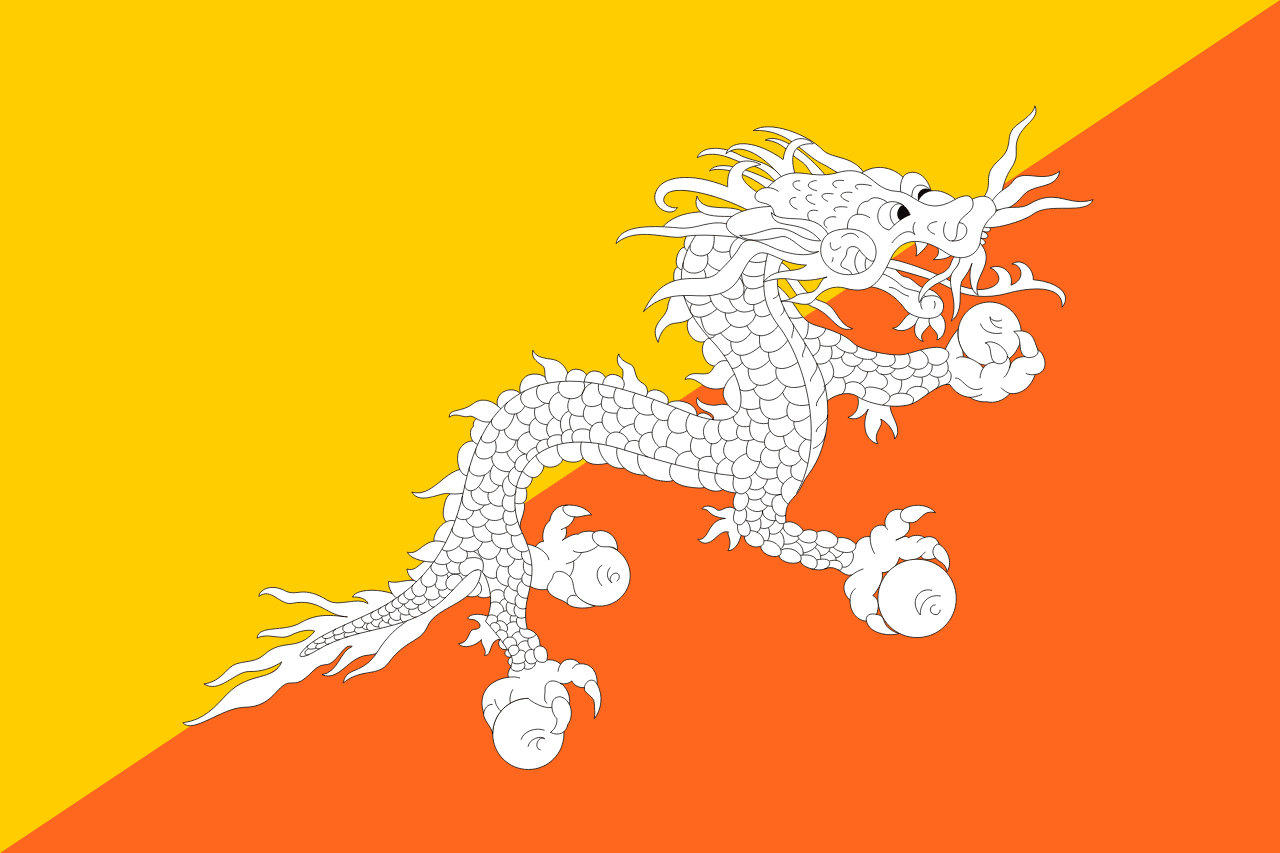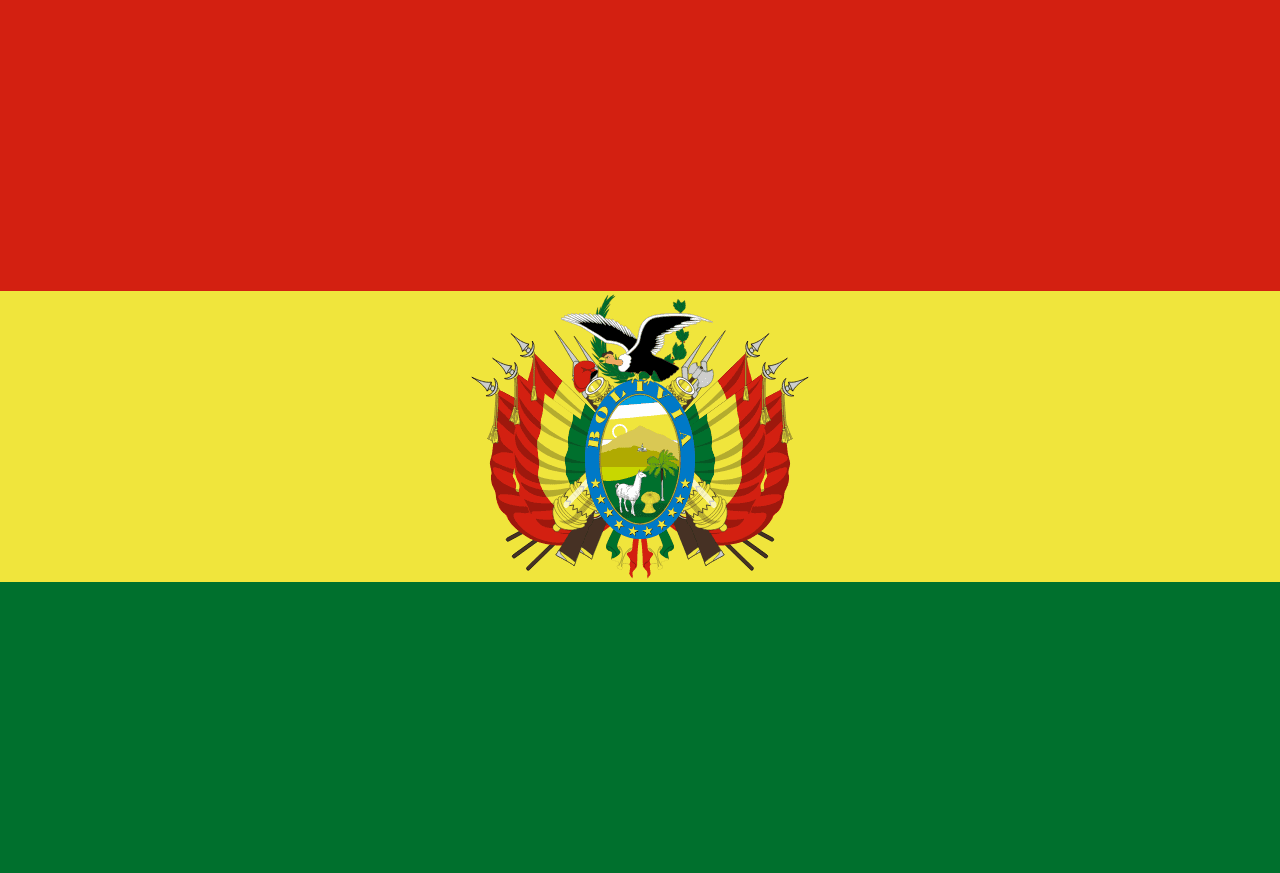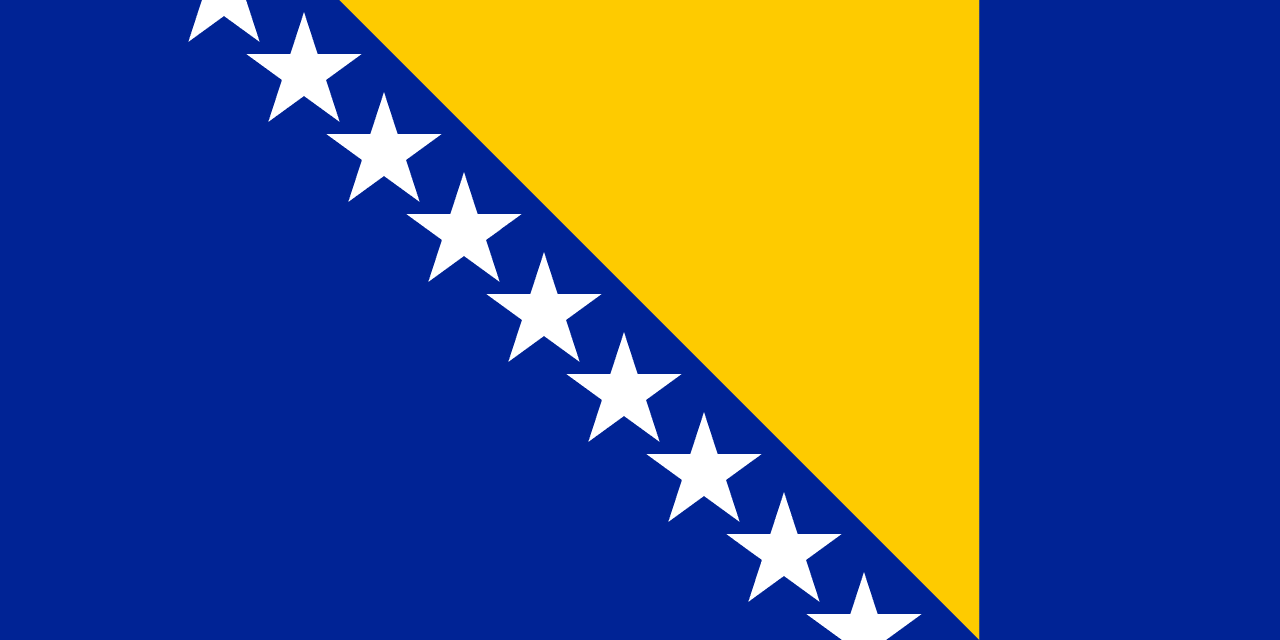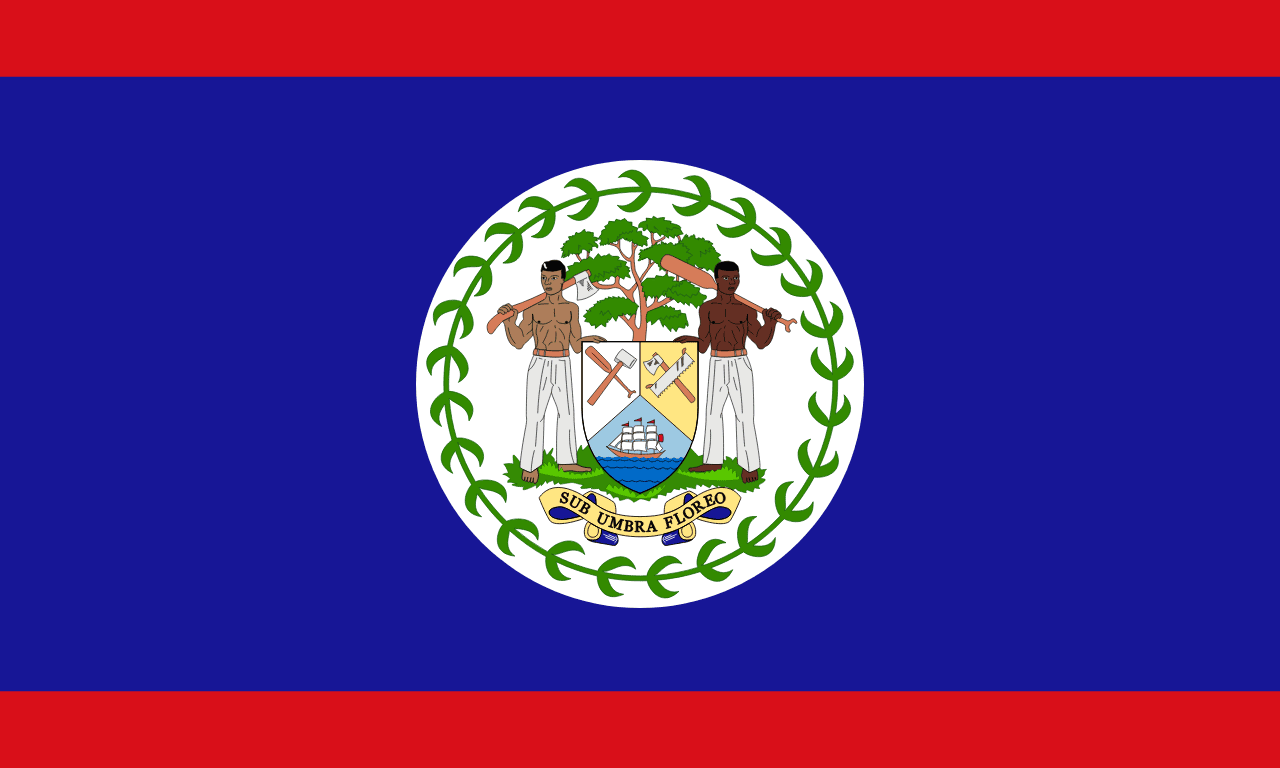The flag of Bermuda is a distinctive and historically rich emblem that represents the island's unique status as a British Overseas Territory. It features a red ensign with the Union Jack in the canton (upper left corner) and the Bermuda coat of arms in the fly (right side). This design beautifully encapsulates Bermuda's colonial heritage, maritime history, and cultural identity, making it one of the most recognizable flags among British territories.
Bermuda information
| National Flag Day | — |
| Sovereign state | No |
| Official name | The Bermuda |
| Capital | Hamilton |
| Population | 71,176 |
| Area | 53.3 km² |
| Currency | Bermudian dollar (BMD) |
| Language | English |
| Continent | North America |
| Region | Caribbean |
| Subregion | — |
| Borders | — |
| Timezone | Atlantic Standard Time (AST) UTC-4 |
| Calling code | +1-441 |
| Top-level domain | .bm |
History of the Bermudian flag
 Adopted on October 4, 1910, the flag of Bermuda has a history that stretches back to the early days of British colonization. The design was officially approved by King Edward VII, reflecting Bermuda's strong ties to the British Crown. Over the years, the flag has undergone minor modifications to enhance its clarity and symbolism. In 1999, the coat of arms was slightly altered to provide a clearer representation of its elements, ensuring that the flag's rich symbolism could be more easily appreciated.
Adopted on October 4, 1910, the flag of Bermuda has a history that stretches back to the early days of British colonization. The design was officially approved by King Edward VII, reflecting Bermuda's strong ties to the British Crown. Over the years, the flag has undergone minor modifications to enhance its clarity and symbolism. In 1999, the coat of arms was slightly altered to provide a clearer representation of its elements, ensuring that the flag's rich symbolism could be more easily appreciated.
Symbolism and design of the Bermudian flag
The Bermudian flag is steeped in symbolism, with each element telling a part of the island's story. The red ensign background is a traditional design used by many British maritime flags, reflecting Bermuda's seafaring heritage. The Union Jack in the canton signifies Bermuda's status as a British Overseas Territory and its enduring relationship with the United Kingdom. The most distinctive feature of the flag is the Bermuda coat of arms in the fly. This intricate design includes several symbolic elements:
- A sinking ship, representing the Sea Venture, which was shipwrecked off Bermuda in 1609, leading to the island's settlement.
- A red lion, symbolizing England and Bermuda's ties to the British Crown.
- A shield featuring a red lion holding a scrolled shield, further emphasizing the British connection.
- The Latin motto "Quo Fata Ferunt" (Whither the Fates Carry Us), reflecting the island's maritime history and resilience.
Usage and significance of the Bermudian flag
 The Bermudian flag plays a crucial role in the island's civic and cultural life. It is prominently displayed on government buildings, schools, and official residences. The flag is also flown on Bermudian-registered ships, serving as a symbol of the island's maritime traditions and its importance in international shipping.
The Bermudian flag plays a crucial role in the island's civic and cultural life. It is prominently displayed on government buildings, schools, and official residences. The flag is also flown on Bermudian-registered ships, serving as a symbol of the island's maritime traditions and its importance in international shipping.
During national celebrations, such as Bermuda Day (May 24th), the flag takes center stage, adorning streets and buildings across the island. It is also an essential part of official ceremonies, including the opening of Parliament and visits by foreign dignitaries.
For Bermudians, the flag is a source of pride and a reminder of their unique heritage. It represents not only their connection to Britain but also their distinct identity as Bermudians, with a culture shaped by centuries of maritime history and diverse influences.
Interesting facts about the Bermudian flag
- Bermuda is one of the few British Overseas Territories that uses a red ensign as its flag design, setting it apart from many other territories that use blue ensigns.
- The sinking ship on the coat of arms is based on the Sea Venture, which was deliberately run aground to save its passengers and crew during a hurricane in 1609.
- The Bermuda flag is one of the few territorial flags to feature a shipwreck, making it uniquely recognizable among world flags.
- Despite Bermuda's small size, its flag is well-known in maritime circles due to the island's significance in international shipping and its popular offshore financial services.
- The flag's design has inspired various local adaptations, including its use on souvenirs, clothing, and even in the branding of local businesses, showcasing its importance in Bermudian culture and identity.





